Will ammonia help from aphids and how to dilute it?
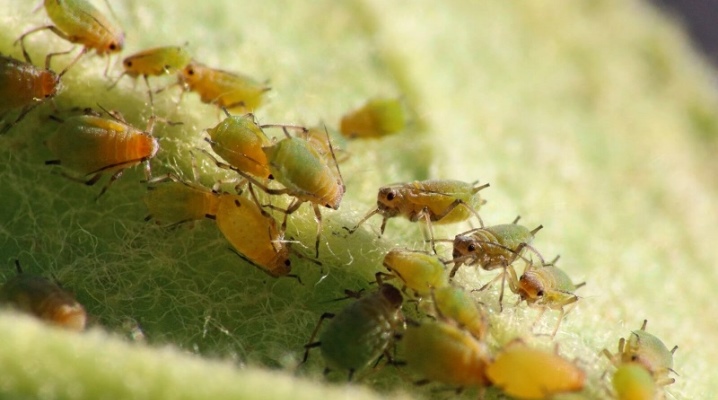
It is quite difficult to get rid of aphids in garden plots. Professionals fight it not only with various chemicals, but also use a variety of folk methods. Many experts use ammonia from aphids. In this article, we will take a closer look at whether ammonia will help in the fight against these insects, how it should be diluted correctly, and what other ingredients are required.
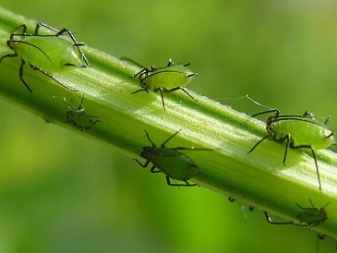
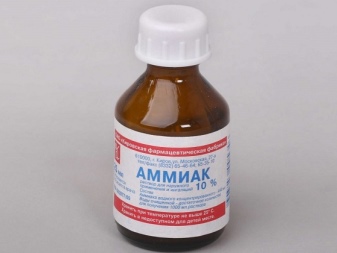
Advantages and disadvantages
Almost every gardener is familiar with ammonia, since this remedy is often used to combat aphids. It is presented in the form of a colorless liquid and has a rather unpleasant specific odor, so it is difficult to confuse it with another remedy. Ammonia is popular in cosmetology and household chemicals. It is even used in the manufacture of food products. Its second name is ammonia.
Ammonia is often used as a folk remedy to combat aphids. It quite effectively allows you to get rid of aphids, since it has a pungent odor that repels insects. And also it completely kills those individuals on which the solution gets. Therefore, quite often professionals process various vegetables and fruits with it, for example, watermelons and melons. Ammonia has such advantages as:
- availability;
- low cost;
- fast action;
- an effective way to combat aphids;
- lasting result;
- everyone can handle the preparation of the solution;
- it is an excellent foliar nitrogen supplement.
But, unfortunately, this simple and effective remedy for aphid control has some disadvantages, namely:
- volatility;
- with regular use, there may be an excess of nitrogen in plant tissues;
- it is impossible to work with it for a long time, therefore, difficulties arise when processing large trees.
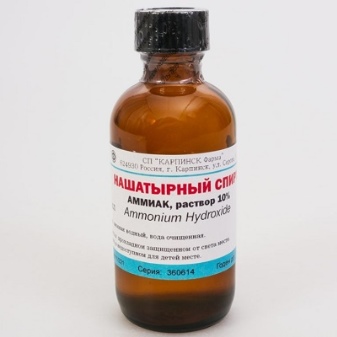
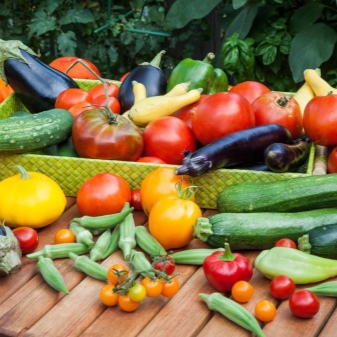
How does it work?
The ammonia will help get rid of the aphids. Its principle of operation is as follows:
- the substance enters the insect's digestive tract;
- burns the walls of the stomach;
- swelling is formed, which leads to paralysis, which kills the insect.
Of course, the substance does not always enter the stomach of the aphids. But a rather strong smell negatively affects the respiratory system, which also destroys insects. Important! The use of ammonia allows you to get rid of not only aphids, but also ants, wireworms, carrot and onion flies, and a bear. Of course, ammonia is effective against aphids as soon as colonies are formed. If we consider an already large colony, unfortunately, ammonia will not be able to cope with the task.
It is necessary to use more potent drugs to protect the crop from black aphids.
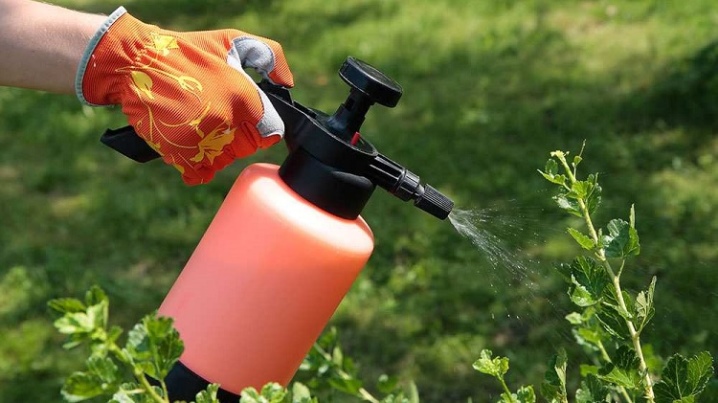
What can be used for?
Ammonia can be used to treat a variety of plants. This remedy is ideal for the garden and is widely used in the vegetable garden. It should be noted that the entire plant can be processed completely, although there are some nuances associated with spraying, namely:
- it is necessary to process exclusively leaves, shoots and buds, but it is better not to touch flowering plants;
- for spraying roses, it is better to use a manual sprayer;
- during the processing of apricots or currants, it is necessary to initially unfold all the twisted leaves, since it is in them that aphids are hiding;
- if bullynezh grows in the country, of course, it is better to spray the plant by hand, since the pest hides near the petioles and rosettes of leaves.
A solution of ammonia is perfect for use on fruit trees, such as cherries. It should be noted that trees have a dense crown, the pest usually hides on the back of the leaves. The fight against aphids on cherries should be started at the first signs of the appearance of this pest, since then it will be rather difficult to remove it, it is almost impossible. On a plot or in a greenhouse, you can get rid of aphids on tomatoes, cucumbers, peppers or raspberries with the help of ammonia. But please note that processing can be done no more than 1 time in 3 weeks.
Aphids infect various plants. A solution of ammonia allows you to process the following crops:
- pepper;
- currants;
- raspberries;
- tomatoes;
- cucumbers;
- cabbage;
- roses;
- viburnum;
- fruit trees;
- indoor plants and so on.
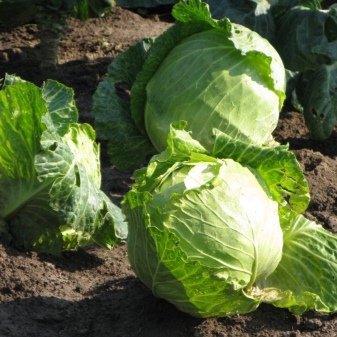
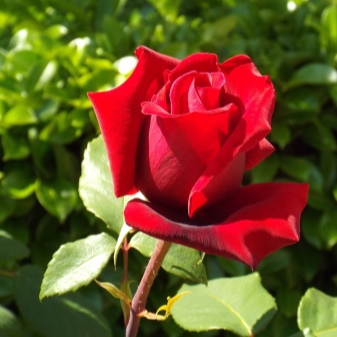
How to prepare a solution with ammonia?
A wide range of folk remedies based on ammonia is presented, which allow you to get rid of aphids. It is strictly forbidden to use pure ammonia. It must be diluted with various means in certain proportions. You can enhance the effect of ammonia with ground pepper or pepper infusion. Let us dwell in more detail on how to properly dilute ammonia for spraying plants from aphids.
With soap
Many experts use ammonia in tandem with soap, and you can use both laundry soap and toilet soap. First you need to take a bucket and pour 10 liters of clean water into it. It is necessary to dilute 50 ml of ammonia in it. Take 50 g of laundry soap and rub it. The soap should completely dissolve in the water. In this case, soap is an excellent solution for adhesion of leaves with alcohol. Some experts take hot water, dilute soap in it, wait for the water to cool, and then add ammonia and immediately go to treat the plants from aphids.
Professionals advise against using liquid soap or dishwashing detergent as they have no effect on aphids. But if your goal is for the solution to adhere better to the leaves, then the above remedies can be added. But it is the laundry soap that enhances the effect of ammonia. Important! Please note that such a solution cannot be stored, then it loses its effect. Calculate your time so that you can immediately use the solution after preparation.
It is worth noting that green soap is often used for pest control, but you need to understand that its effectiveness is noted only in the early stages of infection. About 40 g of green soap is used for 1 liter of water.
After spraying, the leaves acquire a whitish film, but you should not worry, since this plaque is harmless to plants, but aphids from it will be bad. She will not be able to breathe and will die.
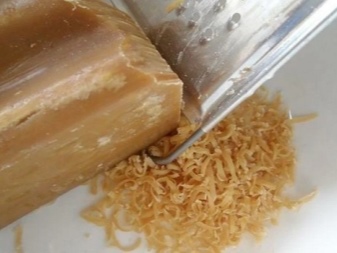
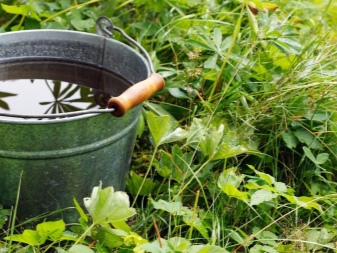
With washing powder
This option is also very popular, but it is very important to stick to the correct dose. You need to collect 8 liters of water in a bucket, add washing powder (1 tablespoon is enough) and ammonia (2 tablespoons). Remember to take precautions. The solution must be used immediately after preparation.
With shampoo
Shampoo can also act as a soap substitute, because it also makes the solution sticky. You should take a bucket of water, dissolve 1 tablespoon of shampoo and 2 tablespoons of ammonia in it. After preparation, we immediately proceed to processing the plants.
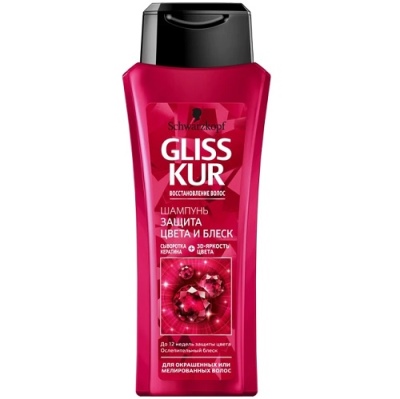
With sugar
Soap can be replaced not only with dishwashing liquid or shampoo, but also with sugar, because this component will also add stickiness to the solution.Take a bucket and fill it with warm water. 10 liters of water will require 5 tablespoons of sugar and 3 tablespoons of ammonia. It is recommended to pour the solution into a spray bottle or watering can and proceed to spraying.
With iodine
Some gardeners and gardeners recommend using iodine to combat aphids. This remedy is an excellent antiseptic. It is advised to add it when processing cabbage. It is necessary to take 50 g of laundry soap for 5 liters of water, 3 drops of iodine and 5 drops of ammonia.
Important! Baking soda, or sodium bicarbonate, is also great for getting rid of aphids without harming the plants. Therefore, soda can be considered an excellent alternative to ammonia.
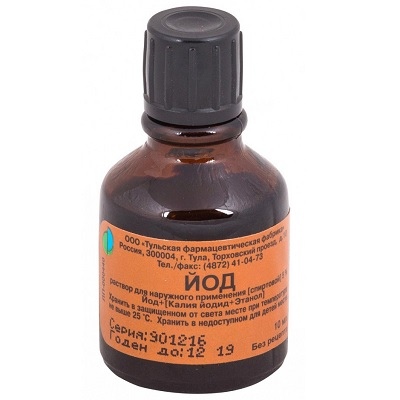
How to use it correctly?
Initially, you need to put in order the territory on which the treatment of plants from aphids will be carried out. All branches should be removed, anthills should be eliminated. Next, prepare all the ingredients and the necessary equipment. Experts recommend using a brush or watering can for high-quality spraying. Some professionals do not advise using a spray bottle, since small droplets practically do not reach the aphids, and ammonia evaporates quite quickly. In addition, with the help of a solution of ammonia, you can not only get rid of aphids, but also carry out preventive work.
Usually aphids hide under the leaves, so it is these places that need to be treated by spraying them from the bottom side. Experts advise to kill aphids in the evening or in cloudy weather, but be careful not to rain on that day. Important! If there is a desire to treat plants from aphids for prophylaxis, then only 1 time per month will be enough. It is necessary to poison aphids throughout the warm season. You can start fighting from early spring, then it can be destroyed quite quickly and easily. The number of treatments is influenced by the degree of plant infestation. On average, processing is carried out only once every 2 weeks.
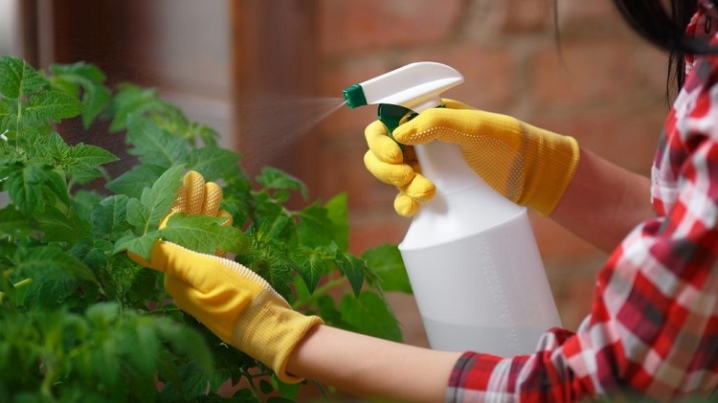
Precautions for use
Ammonia can harm plants, so you should be very careful with it, adhering to the following safety rules:
- a respirator (or mask) is an obligatory element of protection; without it, spraying with an ammonia solution cannot be performed;
- hands must be protected, therefore it is recommended to wear rubber gloves, preferably in closed clothing;
- you need to be very careful so that the solution does not get into the eyes or on the skin.
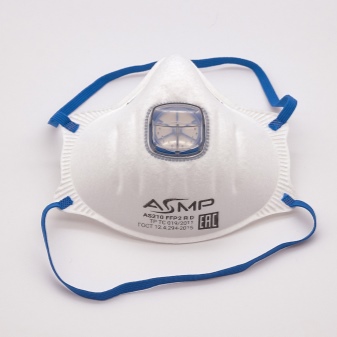
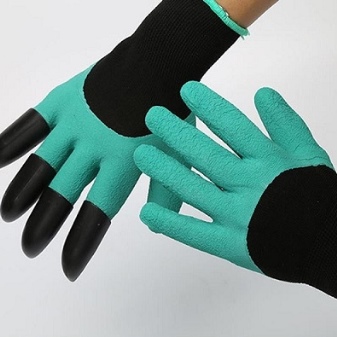
Common mistakes
If you thoroughly understand the preparation and use of a product based on ammonia to combat aphids, then everything is simple. Unfortunately, many gardeners make mistakes.
- They do not apply the prepared solution immediately, so its effectiveness is lost. Some professionals recommend preparing the solution directly in the garden or vegetable garden in order to use it immediately. Remember that ammonia evaporates pretty quickly.
- Many do not stick to the dosage. It should be noted that ammonia is an insecticidal agent, which also saturates the plant with nitrogen, and its excess is also bad. In addition, excess nitrogen is simply contraindicated during fruiting or flowering.
- Some gardeners do not adhere to the rules, ignoring the use of personal protective equipment. Remember that ammonia vapor creates severe burns on the nasal mucosa, which can even lead to loss of consciousness.
- It is also strictly forbidden to work for a long time, since prolonged contact can harm both humans and plants.
- The distance during processing should be minimal, since otherwise the substance will not get on the leaves and shoots.
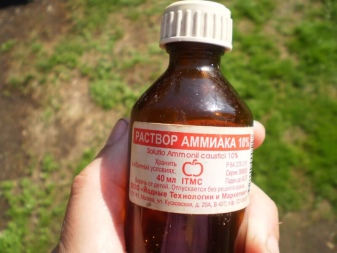

Reviews
Many gardeners and gardeners have become convinced of the effectiveness of ammonia in the fight against aphids. They note that the ammonia solution is safe and inexpensive. It is enough to process the plants just a few times per season to prevent mass reproduction of aphids. Many have used houseplant solution. For several days, the treatment was carried out, and the aphids disappeared, and the plants received excellent nitrogen fertilization.
But there are also negative reviews. Users note the low effectiveness of the product if used with a spray bottle. It should be understood that the ammonia evaporates quickly, so the processing should be done immediately after the solution is prepared and from the closest possible distance. A watering can will handle this task better. Ammonia is a fairly effective remedy in the fight against aphids. It affects her destructively. The result from exposure to ammonia is already visible after a few hours.
Gardeners warn that an excess of ammonia will lead to a high concentration of nitrogen in the soil, as a result, the leaf plate will begin to turn yellow. It is recommended to adhere to the recipe for the preparation of the solution.
For information on whether ammonia will help from aphids and how to dilute it, see the next video.













Black ants that spread aphids died immediately (who got the solution). The aphids release the plants little by little.
The comment was sent successfully.